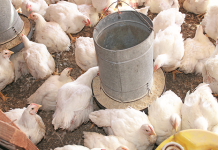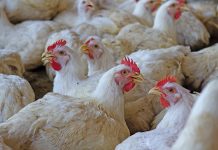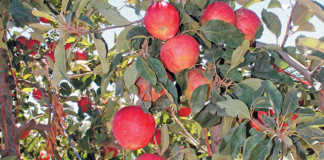Returning from a short holiday, and having news pages to fill, I was relieved to find that DAFF had published new proposals to limit the brining of chicken portions, a practice that has been unregulated in South Africa for way too long, in my opinion.
That would at least fill a couple of pages with decent news, I reckoned, because local producers would moan and groan while chicken importers would thumb their noses and say ‘we told you so!’ There is nothing like a bit of controversy to fill news pages.
But something else is noteworthy in this situation. Did DAFF specifically wait for that time of the year – when the whole country comes to a standstill except for beaches and shopping malls – to release its proposals for public comment so that it would go unnoticed?
Who is the poor official who had to work after 16 December to publish the proposals, or was the office on autopilot, as it sometimes seems to be?
It is not the first time that this government has released a document for public comment during the festive season, when everybody else is preoccupied with entertaining the kids, buying the shop shelves bare and calming the in-laws.
The Green Paper on Land Reform, another document with a potentially huge impact on agriculture, was also released during the festive period. The Afrikaans version of which was published on Wednesday, 14 December, 2011.
The versions in English and other languages were all published on 10 January, 2012.
It may be a coincidence, but was this done to ensure that Afrikaans affected parties had to put their Christmas holidays on hold to study a document which might affect them? Or was the strategy to keep it under the radar for as long as possible? What are the legal implications, if any, of publishing different language versions of the same document on different dates?
I may be wrong and there is no malicious intent with the timing of the publication of government notices, proposals or documents, but it still makes me wonder.
Twitter: @NielSaayman













